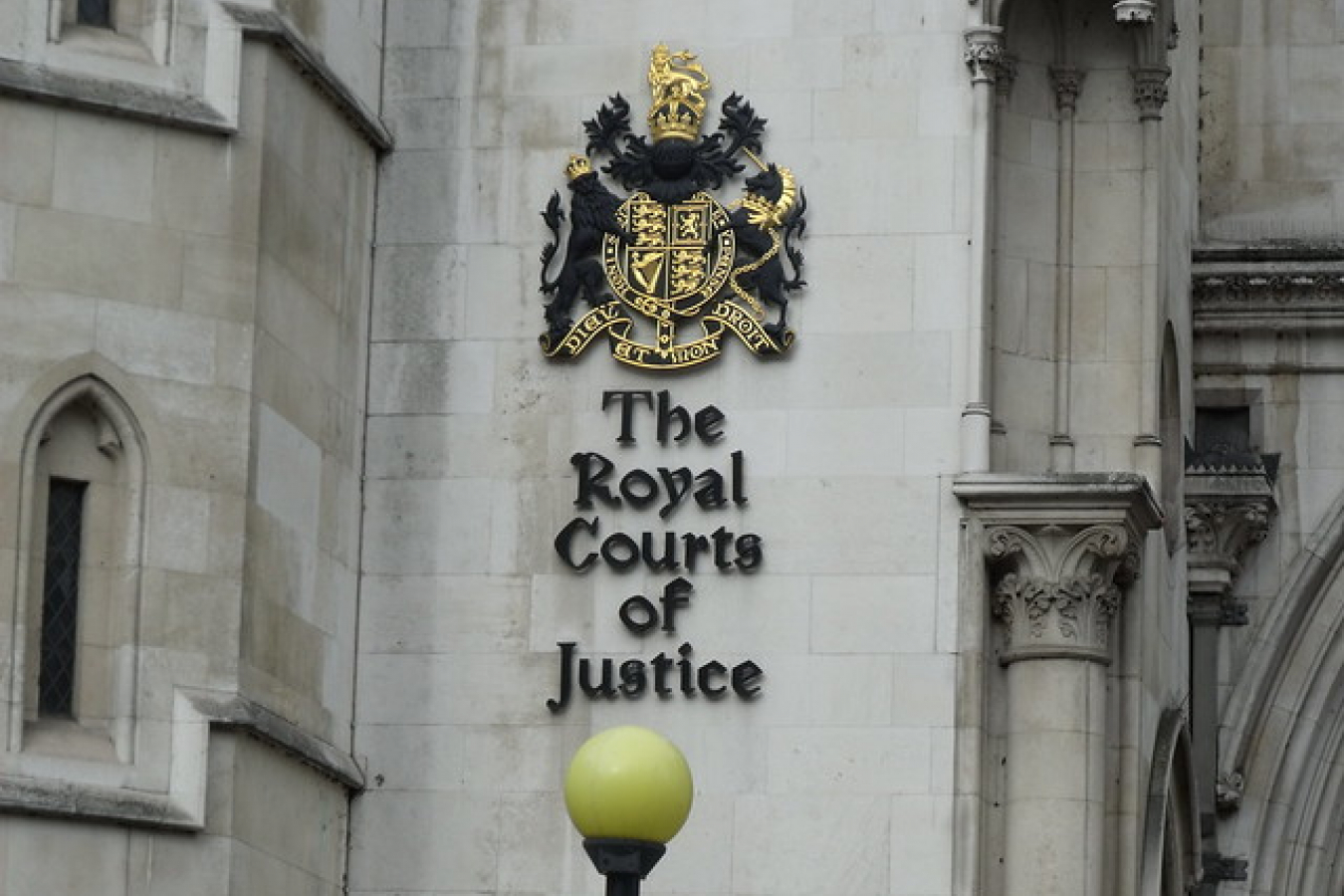Support migrant centric journalism today and donate

Sanwar Ali comment:
Even if the Judicial Review application is successful it is frequently not an effective remedy. It just means that the Government has to reconsider its decision. The Government may decide to keep the legislation as it is.
It may also be worth mentioning, that there are arguably even more serious problems with the Freedom of Information Act in general. It is too easy for public bodies to avoid answering questions and thereby cover up, misconduct, dishonesty and discrimination.
As reported by Workpermit.com in February 2018, the UK Visas and Immigration department of the Home Office was given an exemption from General Data Protection Regulations (GDPR) introduced by the EU on 25 May, 2018.
The exemption allows the Home Office to bypass regulations that would require them to disclose the data they hold on immigrants. The decision to exempt the Home Office from GDPR drew widespread criticism from MPs.
High court judicial review of UK Visa GDPR Exemption
The UK government has now been taken to court over the issue. In a high court judicial review, campaigners are challenging the government’s decision to deny EU citizens access to records that the Home Office has on individuals in UK immigration cases.
Campaigners claim that a clause in the 2018 Data Protection Act, unlawfully excludes EU citizens from rights they would otherwise hold to access private data held by third parties.
Since the beginning of 2019, 60% of requests submitted by individuals for access to information held by the government have been denied as a result of Home Office GDPR exemptions, according to recent data.
The denials have left migrant workers, and other UK visa applicants, unable to appeal Home Office decisions. In recent months, Home Office decision-making has sparked serious concerns, with many UK immigration decisions overturned when controversial cases are reported in the media.
Millions of EU citizens affected by the exemption
It’s understood that approximately 3.6 million EU citizens living in Britain, who will have to apply for new UK immigration status after Brexit, are affected by the exemption.
However, Home Office lawyers are adamant that the exemption complies with EU data regulations and charter rights.
Meanwhile, campaigners argue that it’s discriminatory and breaches EU law. Campaigner Rosa Curling said: “The discriminatory, two-tier data protection regime created by our government is unlawful and we hope the court will agree it must be reconsidered on an urgent basis.”
“Individuals must have access to their personal data so they know what information is held about them by the Home Office and others, how this information is being processed and shared and to allow them to correct any errors made. Without access to the data, their right to rectify is meaningless,” Curling added.
Home Office mistakes go unchecked
A number of campaign groups argue that blocking access to data means Home Office mistakes can be missed. Therefore, decisions on UK immigration applications could be made because the Home Office has incorrect or incomplete information, potentially resulting in wrongful deportations.
Curling said: “The possibility of the Home Office making decisions based on incorrect or incomplete information is particularly concerning, especially when the chief inspector of borders and immigration has stated that the Home Office has a 10% error rate in immigration status checks.”
Settled status scheme for EU Migrants and Dependents
EU citizens are affected by UK Visas and Immigration data exemptions because they are required to go through an application process to secure their UK immigration status post-Brexit, known as the EU settlement scheme.
Under existing laws, applications made by EU citizens for UK settled status that are rejected, cannot be checked to establish whether they are denied because of incorrect or incomplete information held by the Home Office.
In a statement to the high court, campaigners said: “Data protection rights have proven vital to avoid miscarriages of justice in the immigration context. That importance will only increase as the UK immigration system becomes more dependent on automated analysis and profiling of data.”
Campaigners reiterated that the UK immigration exemption in the data protection act is discriminatory and manipulates the rules of GDPR legislation under which EU member states can deviate from the law.
The only right that seems to remain intact for EU citizens concerning the immigration exemption is the right for an individual to correct an incorrect date. However, this right is pointless if a person cannot access data held about them in the first place.
Director of the Open Rights Group Scotland, Matthew Rice, said: “The immigration exemption removes that right [to access private data] for millions of people for the vague purpose of effective immigration control.”
“This restriction is available to all data controllers, it could be your school, your doctor, your local authority or your employer that exercise the exemption and restricts your access to your data while continuing to share it with the government for immigration enforcement,” Rice added.
Workpermit.com can help with Tier 2 Visa Sponsor Licence and Tier 2 visa
If you need help with a Tier 2 Sponsorship Licence and Tier 2 visa or would like help with complying with your Tier 2 Sponsorship Licence obligations workpermit.com can help. Call 0344 991 9222 for further details.
Workpermit.com has been in the visa business for more than 30 years, helping thousands of people to study, work, invest and live in the UK. We represent clients under Section 84 of the 1999 Immigration Act, and we can advise and assist with your UK visa application.





















